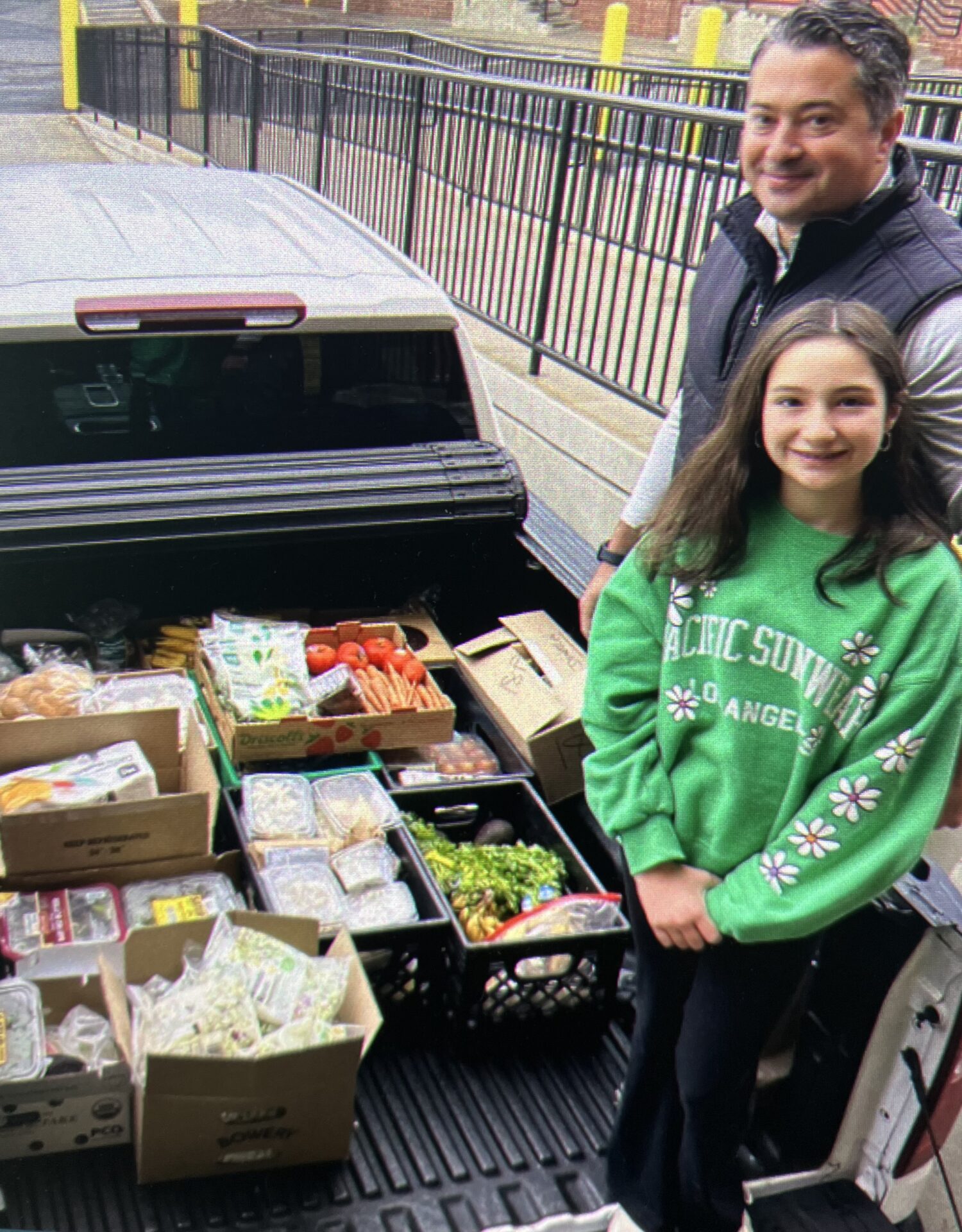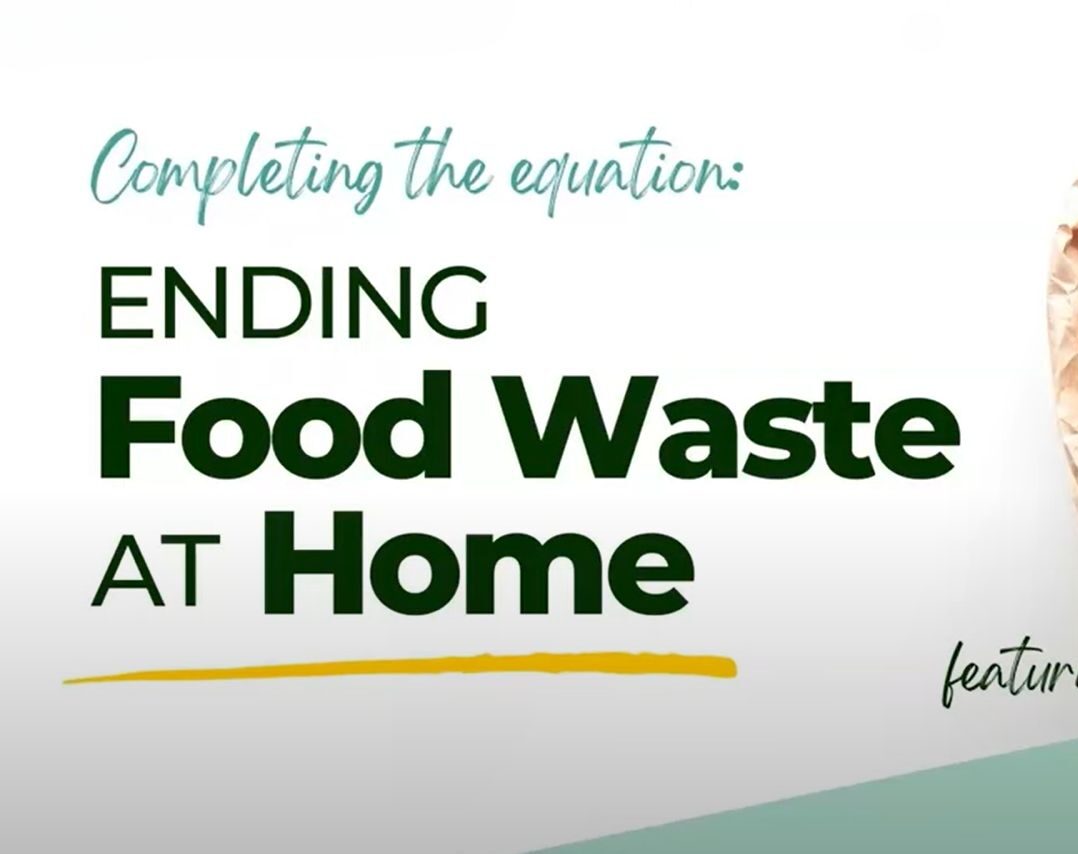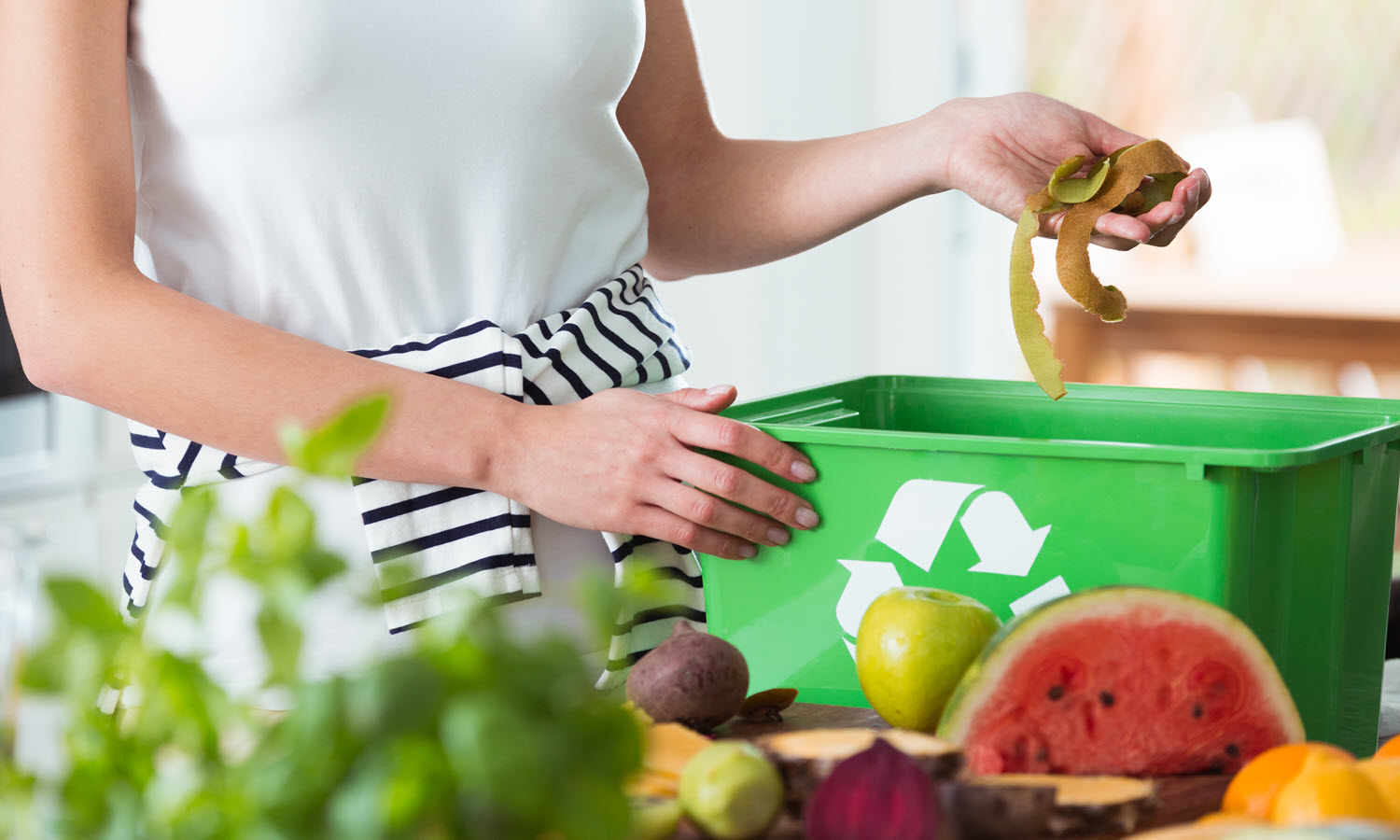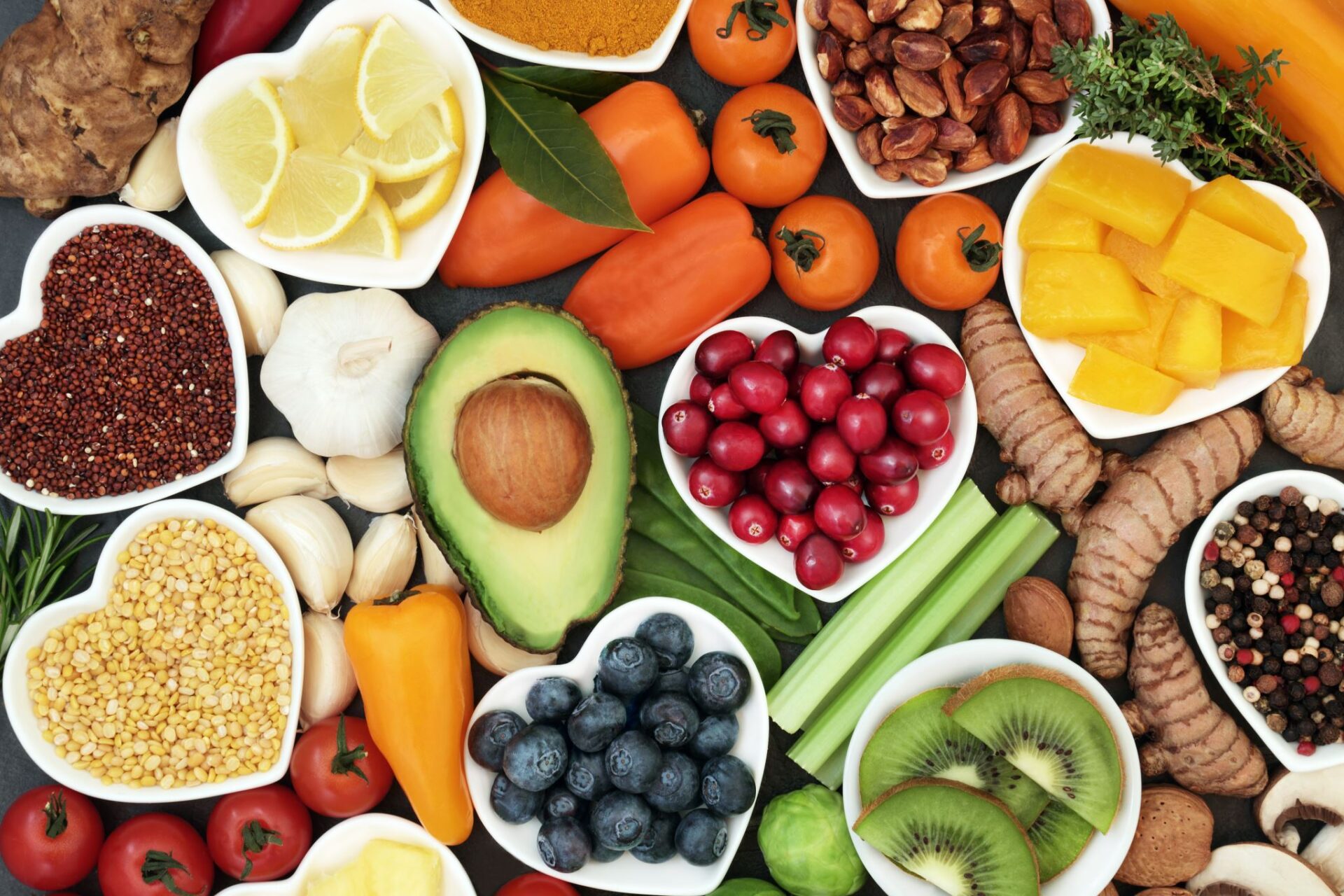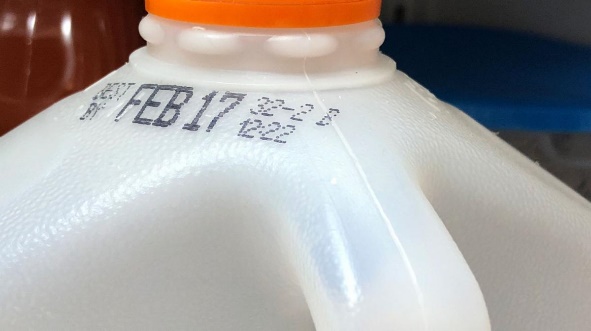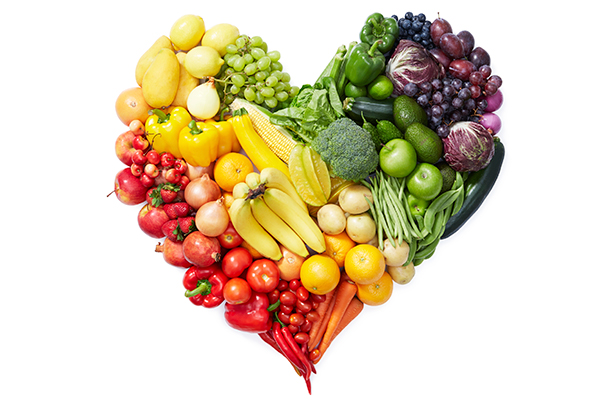
Blog
Breast Cancer Care and Nutrition
We’re into fall now and everything is pumpkin spiced and tied with a pink ribbon. Got us to thinking about how proper nutrition and managing Breast Cancer might work together. Turns out, pretty closely. There is a lot of research on foods that may aid in Breast Cancer prevention, support patients with the disease during treatment and, reduce the risk of recurrence. While food is neither the cause nor the cure for Breast Cancer, diet is thought to play a role in 30 – 40% of all cancers. Surprisingly, diet and physical activity are more significant than weight, not that obesity is absolved of responsibility here; studies have shown that women who gained weight after diagnosis had an increased risk of reoccurrence.
All that taken into consideration, a conversation about how nutrition can assist in lowering the risk of occurrence and reoccurrence of Breast Cancer is overdue. Research needs to continue but there are strong suggestions that physical activity, healthy weight and a healthy diet that is high in fiber, fruits and vegetables are important during and after treatment to reduce fatigue, build energy and maintain hydration as well as reduce the risk and/or prevent reoccurrence.
The research is showing that foods can boost immune systems, help control treatment side effects, aid in recovery after treatment, and some can make treatment more effective. While everyone should be checking with their doctor for the best prevention, treatment and care of breast cancer, below are 12 beneficial foods that should be considered.
Curcumin and Turmeric
These curry spices may have the ability to fight breast cancer tumors when used with certain drug therapies plus, they have anti-inflammatory properties. Generally, a supplement is needed for Curcumin and Turmeric to be effective for overall health.
Broccoli and Cruciferous Vegetables
Broccoli has been shown in studies to block tumor growth, preventing the further spread of cancer. Other cruciferous vegetables like cabbage, kale, Brussel sprouts and cauliflower can have a similar effect, although to a lesser degree.
Garlic
There is evidence that garlic has an impact on cell cycling, the process in which normal cells convert to cancer cells. Allyl sulfide, also found in the onion family, is the component that helps with the regulating process. Most of the studies so far have been with supplements but adding garlic and onions daily might be a good idea. Your doctor should be consulted before adding any supplements as they can affect certain medications.
Apples
Indeed they do keep the doctor away. But don’t peel them. The anti-oxidant rich compounds and fiber needed for cancer prevention are found in the peel. Apples can also help fight the spread of cancer cells.
Pomegranates
The ancient Greeks were on to something. Pomegranates were the food of the Gods and although still in the early stages of research, they may contain a compound that fights cancer cell growth – especially that of estrogen-dependent cancers. Taken in the fruit or juice form, they also show promise in alleviating heart disease and prostate cancer.
Walnuts
Nutritional & Cancer Research Journal, reports the nutrients and Omega 3 Fatty Acids found in walnuts help to fight inflammation and may slow tumor growth.
Fish
Salmon, tuna, mackerel and sea bass are high in Omega 3 Fatty Acids and fish oils. These have been found not only to be great for skin, hair and nails as we age but, they are essential to cancer prevention. Fish is also a great source of lean protein and a good substitute for red and processed meat, something that is strongly recommended against in an anti-cancer diet. Ideally, additional fish oil supplements should be taken daily.
Flaxseed
Not flaxseed oil but the actual seed, ground or milled, is the best form to incorporate into your daily cancer prevention diet. Milled flaxseed has lignans and they may decrease cancer growth. Flaxseed is easily added to salads, muffins, oatmeal, and sauces.
Orange Fruits and Vegetables
Orange colored fruits and vegetables like carrots, cantaloupe, and butternut squash are rich in Vitamin A and Carotenoids. Orange foods are the benchmark but yellow, red and dark green vegetables host 600 different types of carotenoids. Women with higher levels of carotenoids seem to be at lower risk for Breast Cancer.
Berries, Plums and Peaches
Blueberries, blackberries, strawberries and raspberries aid in Breast Cancer prevention. Blueberries may even enhance the effect of tamoxifen, often prescribed as a Breast Cancer treatment. Research at Texas A&M found that plums and peaches have levels of anti-oxidants that rival those found in blueberries. They have 2 types of polyphenols that kill Breast Cancer cells while leaving healthy cells intact.
Parsley
Apigemin found in parsley (and celery) can inhibit cancer cell growth and has been shown to boost resistance to cancer in labs. Add several pinches to food daily.
Beans
Fiber intake helps lower Breast Cancer risk, truly, the more you eat the more the risk decreases. Research found for every 10 grams of fiber added daily, Breast Cancer risk decreased by 7%. That’s just one half to one cup of beans a day. Consider fiber sources like barley, lentils, peas, artichokes and dates.
In New Jersey, Breast Cancer accounts for 15% of all cancer cases (men and women, all types) and 7.7% of all cancer deaths. Bergen County is among the four counties with the highest rate above state average for incidents of cancer. Hudson, Passaic and Essex are among the four with the lowest below average incidents. However, no one in NJ should be too complacent as the state ranks higher than the national average.
Women in the low-income communities serviced by Table to Table face multiple challenges when confronted with the prevention and treatment of Breast Cancer. Access to proper medical screening and care is often limited, as is the information needed to construct the type of nutritional plan needed to prevent and manage the disease. Resources to provide information are scarce and even when existing, these women are living in food deserts where the most nutritional foods are not readily available due to location and high cost.
Delivering fresh nutritious foods that are essential to cancer prevention and treatment is just another good reason to support food rescue. When communities depend on their wives, mothers, aunts and sisters to raise and care for them, it behooves us to help these women stay healthy. More needs to be done at all levels of care but, at Table to Table we work daily to provide fresh, nutritious food to the most vulnerable neighbors. These cancer fighting foods are something we should all be adding to our diet to stay healthy and available to our families. By supporting Table to Table you help provide them to everyone in our community. Here’s to a happy and healthy October for all.
More From News
April 16, 2024
Q & A With Julie Kinner
April 15, 2024
Reducing Food Waste Everyday
February 28, 2024
Table to Table Tips for Reducing Food Waste
REAL PEOPLE, REAL STORIES.
February 12, 2024
Helpful + Tasty Ways to Stay Heart-Healthy
In addition to celebrating Valentine’s Day, there’s something else to love about the month of February! It’s also American Heart Month, a...
January 18, 2024
By Being in the Know, You Can Reduce Food Waste
Reducing food waste is a critical part of our mission and work at Table to Table. By rescuing fresh, nutritious food that...
August 21, 2023
This Fall, Choose Culinary Excellence that Helps Our Community
Indulge your senses and make a difference in the lives of our hungry neighbors in New Jersey by attending the highly anticipated...








